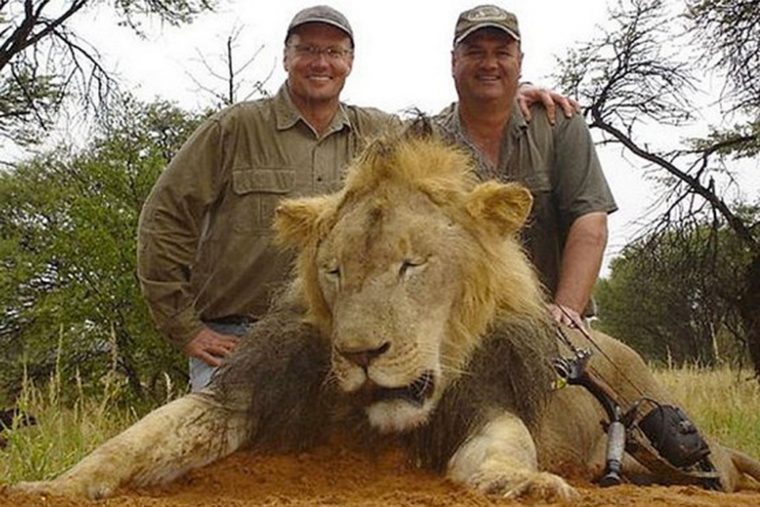The Parks and Wildlife Management Authority of Zimbabwe says it will reduce its stock of wildlife in the country to manageable levels after drought affected pastures and water sources.
Wildlife estates, which mostly lie in the drought prone regions of the country, including the Zambezi Valley and the south eastern parts of Zimbabwe, are failing to cope with demand for pastures and water due to the drought that has hit southern Africa and left 36 million people across the region requiring food aid.
In Zimbabwe, four million people are facing starvation.
The government says over 28 000 cattle perished this year across the country during the period leading to March, when the country received improved rainfall but not enough to rescue the season.
The move by the Parks authority to destock points to a desperate situation in national parks, which are home to scores of game, including elephant, buffalo, zebra, rhino, lions and many others, analysts say.
“In light of the drought that was induced by the El Nino phenomenon, Parks and Wildlife Management Authority, intends to destock its Parks Estates through selling some of the wildlife,” the authority said.
“The authority is therefore inviting members of the public with capacity to acquire and manage wildlife to submit their expressions of interests.”
It did not say the number of animals to be moved to private management, whether the destocking would involve the export of animals, or which species had been most affected by the drought.
However, the country’s stock of 83 000 elephants far outstrips its carrying capacity, which is about half this number.
After being confronted by criticism for exporting elephants to China, Environment Minister Oppah Muchinguri-Kashiri said in January that lions, baboons and hyenas could also be exported as the country grapples with overpopulation and the crippling drought.
“We are going to increase the number of exports of elephants and other species, because they have done a good job in taking care of those (animals) they have already bought from us,” Muchinguri-Kashiri said then.-The Source
Related stories:
Cecil the lion: A lens on land, wildlife and elite politics in Zimbabwe
Who has the largest illegal wildlife trade with China?
Wildlife ranchers being forced into partnerships with ZANU-PF insiders
(54 VIEWS)
